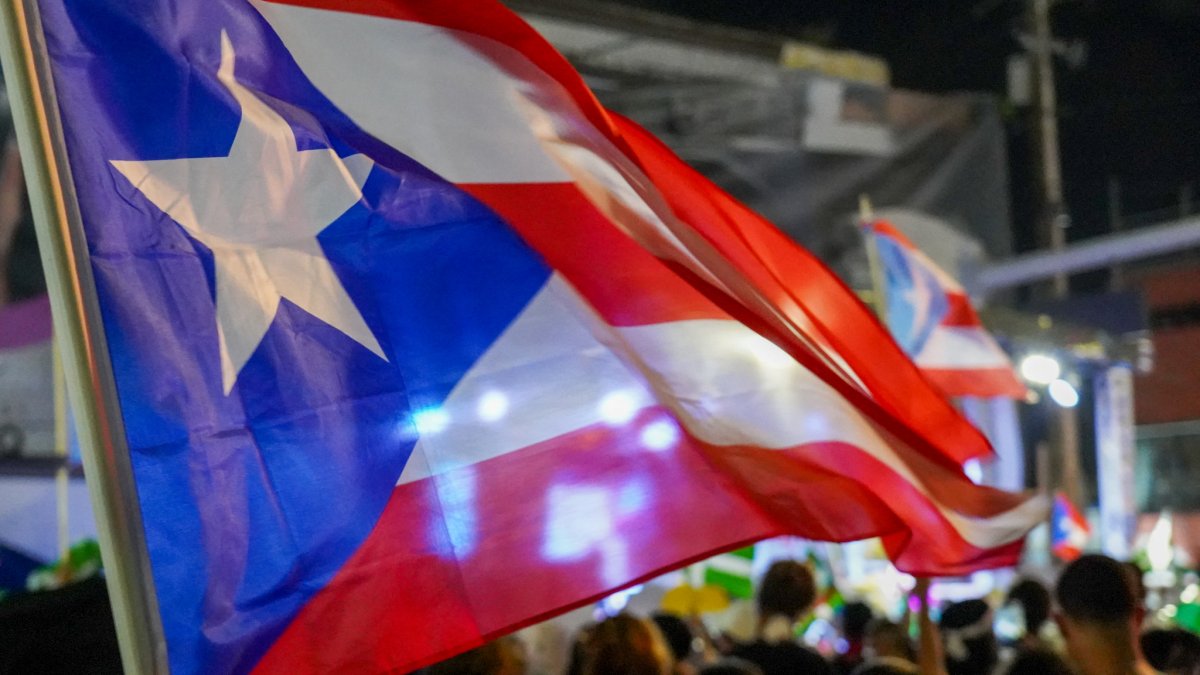Could Puerto Rico be on its way to becoming the 51st state of the United States?
Recently, Puerto Ricans living on the U.S. territory went to the polls and cast their votes in favor of pursuing statehood. Although Puerto Ricans are U.S. citizens, they do not have the right to vote in presidential elections.
However, they have the opportunity to express their views on the future of their political status, and this latest vote reflects their desire for change. The vote was a clear signal of support for statehood, highlighting the ongoing conversation about Puerto Rico’s relationship with the United States and its potential path toward full statehood.

It’s evident that Puerto Ricans are seeking change. The question of whether the island should become a U.S. state is one that has been asked repeatedly over the years. In the most recent vote, Puerto Ricans once again expressed their support for statehood, with 57 percent of voters backing the proposal. This marks yet another chapter in the ongoing debate over the island’s political future, as residents continue to make their voices heard on the issue of statehood.
Jorge Duany, a former professor at FIU and author of Puerto Rico: What Everyone Needs to Know, describes the vote as purely symbolic.
For Puerto Rico’s political status to change, it requires formal approval from the U.S. Congress. However, before that can happen, the issue would need to be elevated as a priority by congressional leaders. Unfortunately, throughout history, this topic has never been given the necessary attention or importance to move forward in the legislative process. (https://crystalbaypoolsva.com)
In this year’s election, Republicans saw strong support from Puerto Rican communities, despite facing criticism over a joke at a campaign rally for President-elect Donald Trump that referred to the island as “garbage.” This, along with Trump’s controversial handling of hurricane relief efforts in Puerto Rico, had created backlash.
Meanwhile, Puerto Ricans elected a new governor, Jenniffer González-Colón, who also serves as the island’s representative in Congress. A Trump supporter, González-Colón has been a vocal advocate for Puerto Rico’s push for statehood.
Over the years, members of Congress have introduced multiple bills addressing Puerto Rico’s status. Representative Maria Elvira Salazar expressed her support for the Puerto Rico Status Act in an NBC6 interview, emphasizing that Puerto Ricans should have a clear path to statehood if they choose.
Representative Debbie Wasserman Schultz, a co-sponsor of a similar bill, stated that it is long overdue for Congress to respect the will of Puerto Rico’s voters and recognize their right to decide their own future. She highlighted that Puerto Ricans, as U.S. citizens, deserve equal access to federal programs they contribute to through taxes and should have the right to make their place in the Union official. Wasserman Schultz called on Congress and the next President to respect the island’s voters.
Jorge Duany noted that the real power for change rests with the 5.8 million Puerto Ricans living in the mainland U.S., as they have the ability to vote. The last time the U.S. admitted a new state was in 1959, when Hawaii joined following a referendum similar to the one recently held in Puerto Rico.


Comments are closed, but trackbacks and pingbacks are open.